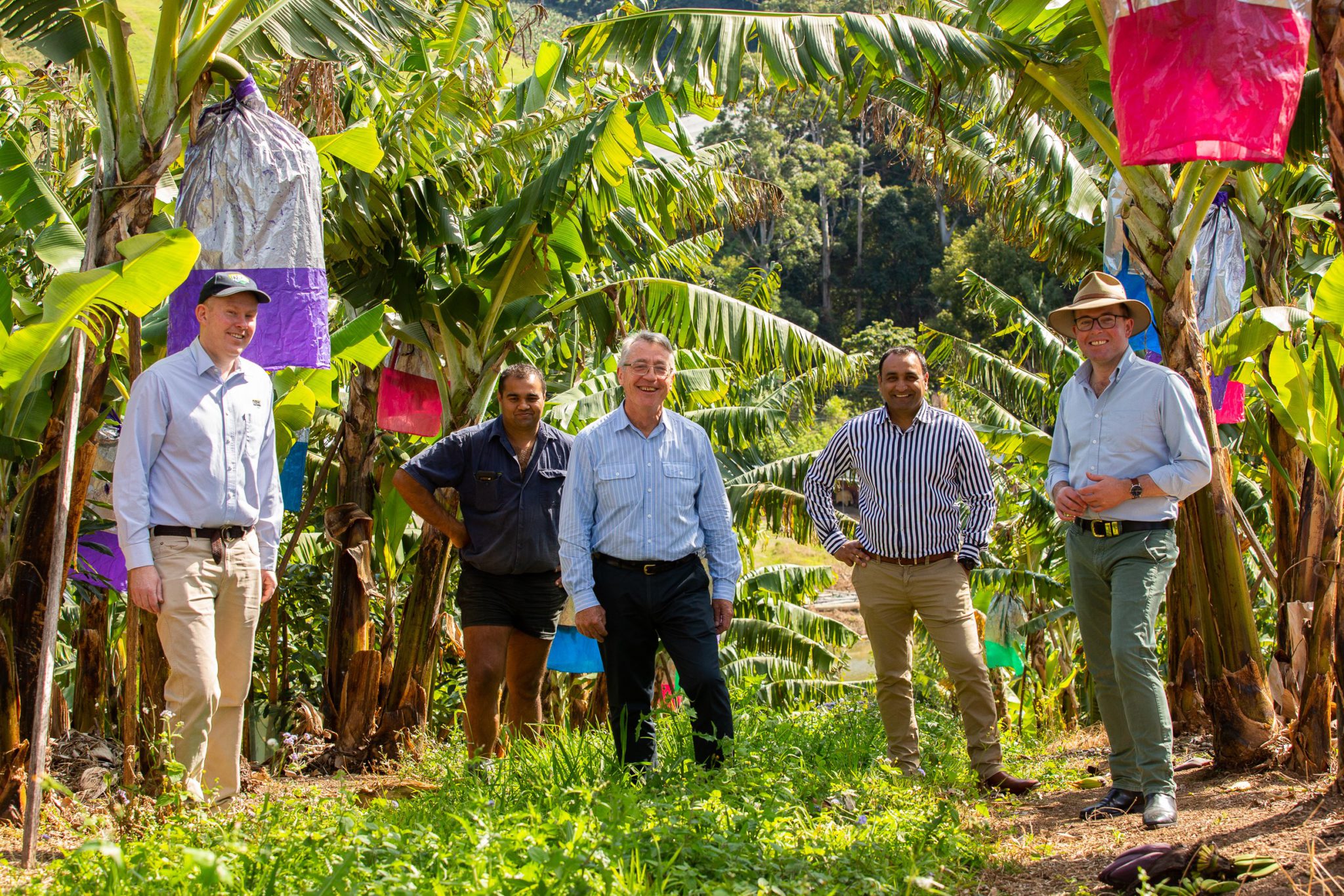The NSW’s inaugural Agriculture Commissioner, appointed in August 2020 and tasked with reviewing the state government’s Right to Farm Policy, proceeded to consult key stakeholders and review related research, including the Australian Farm Institute’s Managing farm-related land use conflicts in NSW regarding the issues of land use, land-use dispute resolution and planning, with a view to improving outcomes for the state’s agricultural producers. His review (see PDF, 583.52 KB) found that ‘the Policy has been delivered but has not fixed the issues of land use conflict with farmers’, states NSW Department of Primary Industries (DPI).
‘In addition, other barriers in the planning framework to primary production have been identified,’ DPI adds.
Following the review, the Commissioner recommended the development of an Agricultural Land Use Planning Strategy – ALUP Strategy – to address three key issues:
- Issue 1: the long-term availability of productive land;
- Issue 2: reducing land-use conflict and supporting dispute resolution; and
- Issue 3: supporting the growth of agriculture and regional economies.
With a view to achieving the best possible strategy and ensuring that the needs of the state’s agricultural producers, supporting agrifood businesses and regional communities are met, the Commissioner is now seeking feedback from a wider network of stakeholders.
Issue 1: Long-term availability of productive land
Despite the fact that agricultural enterprises – and the industries and infrastructure that support it – are vital to achieving the government’s goal of increasing the value of agricultural production to $100 billion by 2030, the state currently lacks a policy that ‘identifies the best agricultural land and guides its development’, the DPI stated in the video that accompanies Option 1.
In the Options paper, the Commissioner notes that typically, primary production requires larger tracts of land as well as ready access to key natural resources (soils, water etc), infrastructure, labour and markets.
Moreover, government bodies and local councils frequently fail to give adequate consideration to the needs and constraints of farmers and growers when zoning land, planning infrastructure and considering non-agricultural DAs. And planning outcomes can impact land values, hence opportunities for agricultural expansion, significantly.
‘Agriculture is often squeezed between other land uses or pushed further away from urban centres,’ the DPI notes. ‘Good land-use planning for agriculture can create opportunities for growth, allowing NSW the opportunity to produce quality and affordable food and fibre, and supporting regional communities.’
Hence the need for a statewide policy on agricultural land.
DPI – Issue 1 from Filmotion Productions on Vimeo.
Image source: DPI Video (Filmotion Productions)
Under Issue 1, the main questions open for consideration are:
- what defines the ‘best’ agricultural land;
- whether land use should be mapped;
- whether a statewide land-use policy should be mandatory or merely a guide for planners.
- what issues decision-makers must consider prior to allowing non-agricultural development on existing agricultural land.
Issue 2: Reducing land-use conflict and supporting dispute resolution
The Commissioner’s Land-Use Options paper also identified that disputes over land use involving existing, expanding or new agricultural operations, can delay or increase the costs of getting DAs approved, with farmers forced to defend and explain oft-complex technical processes that may be poorly understood by decision-makers.
Currently, says the DPI, ‘there is no standard process to resolve disputes and no clarity around what an accepted farming practice is, leaving a farmer to defend their operations’.
The gist of the proposal in relation to issue 2 is that a new ALUP Strategy incorporates a simpler, fairer, more accessible, less costly and less stressful dispute resolution pathway by which agribusinesses and regional communities can handle disputes.
DPI – Issue 2 from Filmotion Productions on Vimeo.
Image source: DPI Video (Filmotion Productions)
Issue 3: Supporting the growth of agriculture and regional economies
A substantial proportion of the stakeholders canvassed by the Commissioner held the view that the state’s existing planning framework fails to reflect the needs of agricultural operations and agribusiness investors, impacting negatively on both and, in turn, on regional jobs. Moreover, the perception was that the existing land-use planning and development system is unduly complex and confusing. Thus, it is inconsistently applied, resulting in uncertainty – a disincentive to potential investors.
‘The New South Wales Agriculture Commissioner wants to support the growth of agriculture and regional economies, and is looking for feedback on how the planning system can be streamlined to support investment,’ urges DPI.
DPI – Issue 3 from Filmotion Productions on Vimeo.
Have your say
To contribute your 10 cents’ worth on options for reducing and managing land-use conflict and aid in the development of a consistent statewide land-use planning strategy, first read the Options Paper – particularly Chapter 1, which outlines the issues and options.
Then complete the survey before Sunday 28 February 2021.
To offer more detailed feedback, email the Commissioner via agcommissioner@dpi.nsw.gov.au
For further information, contact NSW DPI on +61 2 6391 3100.
Sources
Options for a NSW Agricultural Land Use Planning Strategy https://www.dpi.nsw.gov.au/agriculture/lup/agricultural-land-use-planning-strategy/options I NSW Department of Primary Industries (NSW DPI)
NSW DPI aiming to strengthen the future of agriculture planning through a proposed land use strategy https://www.freshplaza.com/article/9283957/nsw-dpi-aiming-to-strengthen-the-future-of-agriculture-planning-through-a-proposed-land-use-strategy/ I Fresh Plaza


